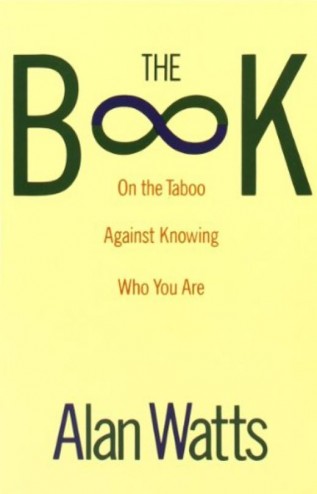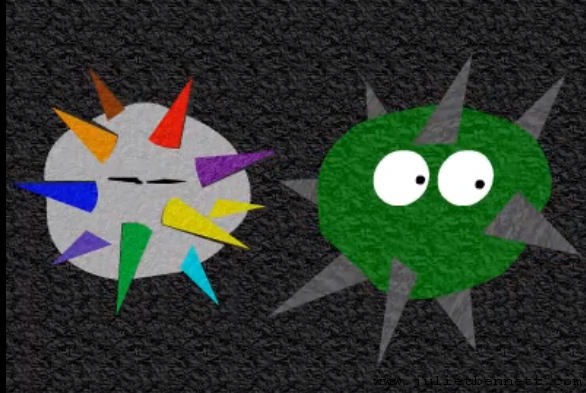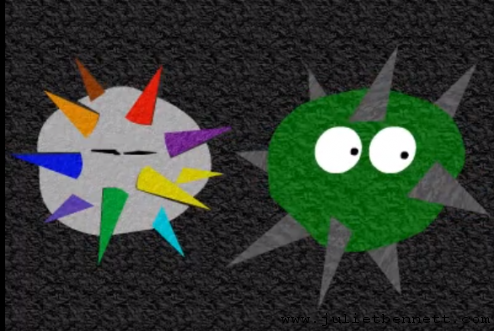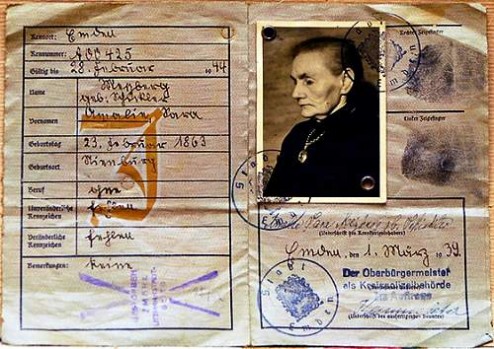Have you ever noticed that the interior design of churches bears a striking resemblance to courts? From the pews to the preacher, and even their outfits!
There is a curious similarity between our politics and our religion, and an even more curious similarity between our systems of power within human societies and the way we imagine power structures within our universe.
“God” is still imagined by many people to be a king. This metaphor originated in the time when this image came to bear people were living in a monarchy. The king was the most powerful person in the kingdom, so God was imagined to be a king.
It is interesting that as our political models have changed, this image hasn’t.
I suppose in some circles it has, and “God” is imagined to be a little more democratic. But in some circles God is still imagined to be a bit like a king, or what could even be considered a fascist dictator (who punishes with eternal suffering if one doesn’t do what he says).
Alan Watts says on The Worlds Most Dangerous Book:
When one considers the architecture and ritual of churches, whether Catholic or Protestant, it is obvious until most recent times that they are based on royal or judicial courts. A monarch who rules by force sits in the central court of his donjon with his back to the wall, flanked by guards, and those who come to petition him for justice or to offer tribute must kneel or prostrate themselves simply because these are difficult positions from which to start a fight. Such monarchs are, of course, frightened of their subjects and constantly on the anxious alert for rebellion. Is this an appropriate image for the inconceivable energy that underlies the universe? True, the altar-throne in Catholic churches is occupied by the image of God in the form of one crucified as a common thief, but he hangs there as our leader in subjection to the Almighty Father, King of the universe, propitiating Him for those who have broken His not always reasonable laws. And what of the curious resemblances between Protestant churches and courts of law? The minister and the judge wear the same black robe and “throw the book” at those assembled in pews and various kinds of boxes, and both ministers and judges have chairs of estate that are still, in effect, thrones.
The crucial question, then, is that if you picture the universe as a monarchy, how can you believe that a republic is the best form of government, and so be a loyal citizen of the United States? It is thus that fundamentalists veer to the extreme right wing in politics, being of the personality type that demands strong external and paternalistic authority. Their “rugged individualism” and their racism are founded on the conviction that they are the elect of God the Father, and their forebears took possession of America as the armies of Joshua took possession of Canaan, treating the Indians as Joshua and Gideon treated the Bedouin of Palestine. In the same spirit the Protestant British, Dutch and Germans took possession of Africa, India and Indonesia, and the rigid Catholics of Spain and Portugal colonized Latin America. Such territorial expansion may or may not be practical politics, but to do it in the name of Jesus of Nazareth is an outrage.
In The Nature of Consciousness, Watts notes with a twinkle in his eye (I imagine through his voice) that:
“the man who rules you all is the biggest crook in the bunch. Because he’s the one who succeeded in crime. The other people are pushed aside because they–the criminals, the people we lock up in jail–are simply the people who didn’t make it. So naturally, the real boss sits with his back to the wall and his henchmen on either side of him.”
When you really think about our conceptions of God and Satan, and where they have come from and how they have changed throughout history, I can’t help wonder:
What if power-hungry men switched around the human conceptions of Satan and God, in order that they might rule earth?
In other words what if we are mixed up: what if Satan is good and God is bad? Is it more likely that “God” is a dictator wanting worship, or a social libertarian wanting individuals to enjoy their lives while contributing freely and positively to society?
In The Dictator (undoubtedly a ridiculous and distasteful movie, which I enjoyed), General Aladeen asks: “Why are you guys so anti-dictators? Imagine if America was a dictatorship. You could let 1% of the people have all the nation’s wealth. You could help your rich friends get richer by cutting their taxes. And bailing them out when they gamble and lose. You could ignore the needs of the poor for health care and education. Your media would appear free, but would secretly be controlled by one person and his family. You could wiretap phones. You could torture foreign prisoners. You could have rigged elections. You could lie about why you go to war. You could fill your prisons with one particular racial group, and no one would complain. You could use the media to scare the people into supporting policies that are against their interests.”
Would it be better to have a peaceful dictatorship or a violent democracy? Neither.
How about a democracy based on freedom and non-violent conflict?
I wonder if that could become the basis of our power structures on earth, and maybe in (metaphorically speaking) heaven too?
General Aladeen goes on to admit, for all its faults, a love for Democracy (in the movie represented by a Greeny who doesn’t shave her armpits). This is a sentiment shared by many including myself. Democracy is good until the point where it joins forces with capital and media and turns into a somewhat fascist state.
None of this is black and white, but it’s interesting to contemplate the extremes and the endless in-betweens…













 [1]
[1]



 [1]
[1]